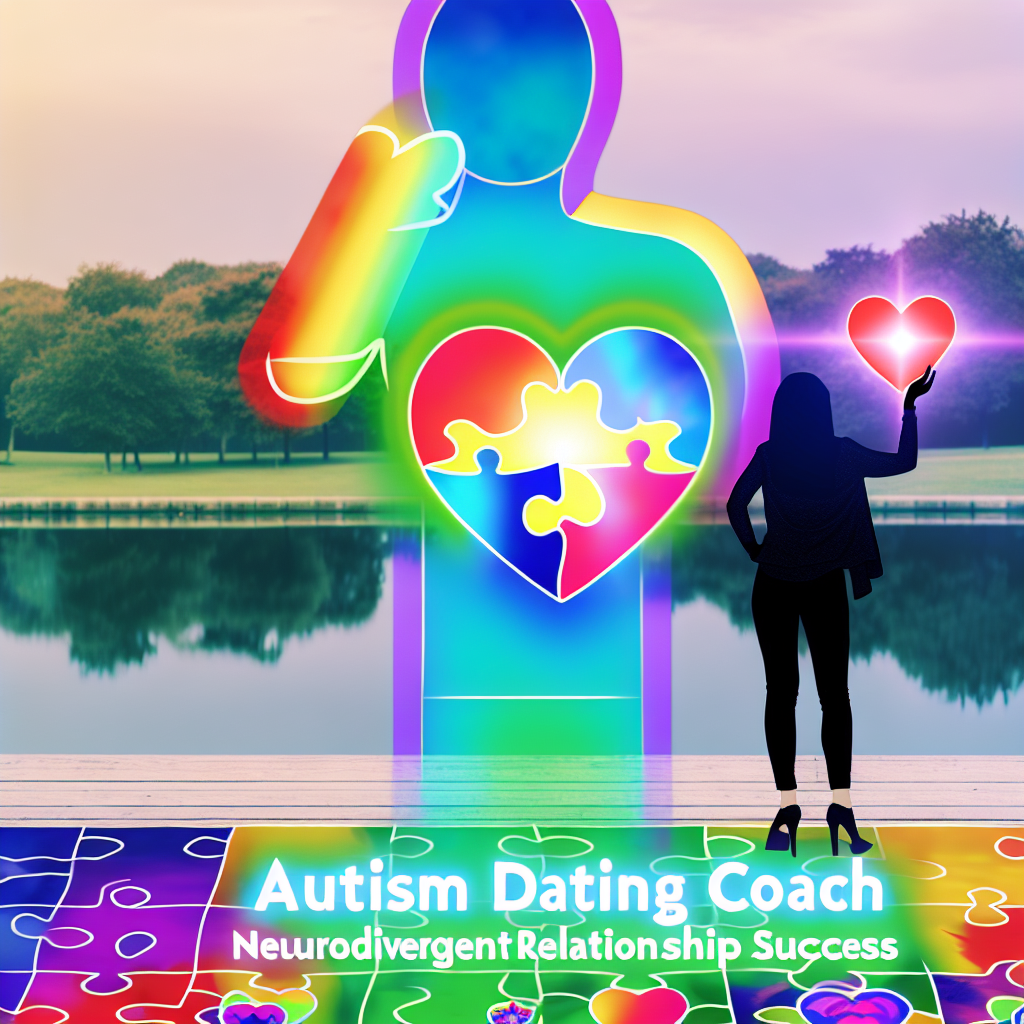Communication Styles in Successful Relationships
Introduction: The Key to Healthy and Lasting Love
Communication is the foundation of any successful relationship, whether romantic, platonic, or professional. However, in dating and romantic partnerships, the way we communicate significantly impacts the health and longevity of our relationships. From expressing emotions to resolving conflicts, understanding different communication styles can help singles and couples build deeper connections, avoid misunderstandings, and strengthen their bonds over time.
With dating becoming increasingly complex in the digital era—where texts, voice notes, and video calls often replace in-person discussions—strong communication skills are more important than ever. Misinterpretations of tone, unspoken expectations, and emotional misalignment can arise when communication isn’t clear or effective. Recognizing how you and your partner communicate is a crucial step in fostering a thriving relationship.
Experts have identified four core communication styles: assertive, passive, aggressive, and passive-aggressive. Assertive communication—the healthiest of the four—fosters openness, honesty, and respect, while passive communication often leads to suppressed emotions and unmet needs. In contrast, aggressive and passive-aggressive styles can create conflict, resentment, and emotional disconnection.
Beyond spoken words, nonverbal cues—such as body language, facial expressions, and even texting habits—play a vital role in communication. Research suggests that nonverbal communication accounts for up to 93% of interactions in face-to-face interactions. A simple gesture, prolonged silence, or lack of eye contact can convey feelings just as strongly as words.
Emotional intelligence and active listening are also essential components of healthy communication. Recognizing emotional cues, responding empathetically, and genuinely listening to your partner fosters emotional intimacy and long-term relationship satisfaction.
Whether you’re entering the dating scene or have been in a relationship for years, mastering communication styles is key to a fulfilling romantic connection. Let’s dive into psychology-backed studies on communication and discover how to strengthen your relationships through effective communication strategies.
Studies on Communication Styles in Relationships: What Science Reveals
Dr. John Gottman’s Groundbreaking Research on Relationship Communication
One of the most well-known studies on communication and relationships comes from Dr. John Gottman, a leading marriage and relationship researcher. His research, spanning over four decades, found that communication styles can predict whether a couple will stay together or separate with 90% accuracy.
Gottman identifies the “Four Horsemen” of unhealthy communication—criticism, contempt, defensiveness, and stonewalling—as major predictors of relationship failure. He emphasizes that couples should replace these negative habits with positive communication strategies, such as expressing appreciation, taking responsibility, and using active listening. These insights offer a powerful way to improve relationship satisfaction ([Gottman Institute](https://www.gottman.com/blog/the-four-horsemen-recognizing-criticism-contempt-defensiveness-and-stonewalling/)).
Deborah Tannen’s Insights on Gender Differences in Communication
Psychologist Deborah Tannen, in her book *You Just Don’t Understand*, explores how men and women often communicate differently. She explains that:
– Women tend to use communication to build connection and express emotions.
– Men often use communication to solve problems and establish dominance in conversations.
While these tendencies aren’t universal, understanding these differences can help couples navigate conversations more effectively and avoid common misunderstandings ([Harvard Business Review](https://hbr.org/author/deborah-tannen)).
The Role of Emotional Intelligence in Communication
Dr. Daniel Goleman’s research on emotional intelligence (EQ) reveals that successful relationships rely on self-awareness, empathy, and emotional regulation. A high EQ allows partners to:
– Recognize emotional cues accurately
– Respond empathetically
– Handle conflicts more constructively
Couples who practice active listening and emotional validation tend to enjoy stronger and longer-lasting relationships ([APA](https://www.apa.org/news/press/releases/stress/2020/stress-relationship)).
How Affectionate Communication Enhances Relationship Satisfaction
A study published in the Journal of Social and Personal Relationships found that couples who regularly engage in affectionate and reassuring communication report higher relationship satisfaction.
This includes:
✔ Expressing gratitude
✔ Using verbal affirmations
✔ Engaging in nonverbal gestures (e.g., holding hands, maintaining eye contact)
Such positive reinforcement fosters emotional security and strengthens the romantic bond ([SAGE Journals](https://journals.sagepub.com/home/spr)).
Conclusion: Elevate Your Communication, Strengthen Your Love
Clear, open, and respectful communication is the backbone of strong and lasting relationships. Understanding different communication styles—assertive, passive, aggressive, and passive-aggressive—helps individuals navigate romantic interactions with emotional intelligence and mindfulness.
Studies by experts such as Dr. John Gottman, Deborah Tannen, and Daniel Goleman confirm that communication styles directly impact relationship satisfaction and longevity. By practicing active listening, being emotionally available, and fostering positive interactions, singles and couples can build stronger and more fulfilling romantic connections.
Whether you’re just starting to date or have been in a long-term relationship, refining your communication skills is one of the best investments you can make in your relationship’s success.
**Summary:** This blog post explores the importance of effective communication in romantic relationships. It discusses the four main communication styles (assertive, passive, aggressive, and passive-aggressive) and highlights research from experts like Dr. John Gottman, Deborah Tannen, and Daniel Goleman on the crucial role of emotional intelligence, active listening, and affectionate communication in building strong and lasting partnerships. The article emphasizes that mastering communication skills is key to fostering healthy and fulfilling romantic connections.
**References:**
– Gottman Institute. (n.d.). [The Four Horsemen: Recognizing Criticism, Contempt, Defensiveness, and Stonewalling](https://www.gottman.com/blog/the-four-horsemen-recognizing-criticism-contempt-defensiveness-and-stonewalling/).
– Harvard Business Review. (Tannen, D.). [Books and Research on Communication](https://hbr.org/author/deborah-tannen).
– American Psychological Association (APA). (n.d.). [Emotional Intelligence and Relationship Success](https://www.apa.org/news/press/releases/stress/2020/stress-relationship).
– SAGE Journals. *Journal of Social and Personal Relationships.* [Affectionate Communication and Relationship Satisfaction](https://journals.sagepub.com/home/spr).

Dominic E. is a passionate filmmaker navigating the exciting intersection of art and science. By day, he delves into the complexities of the human body as a full-time medical writer, meticulously translating intricate medical concepts into accessible and engaging narratives. By night, he explores the boundless realm of cinematic storytelling, crafting narratives that evoke emotion and challenge perspectives. Film Student and Full-time Medical Writer for ContentVendor.com



